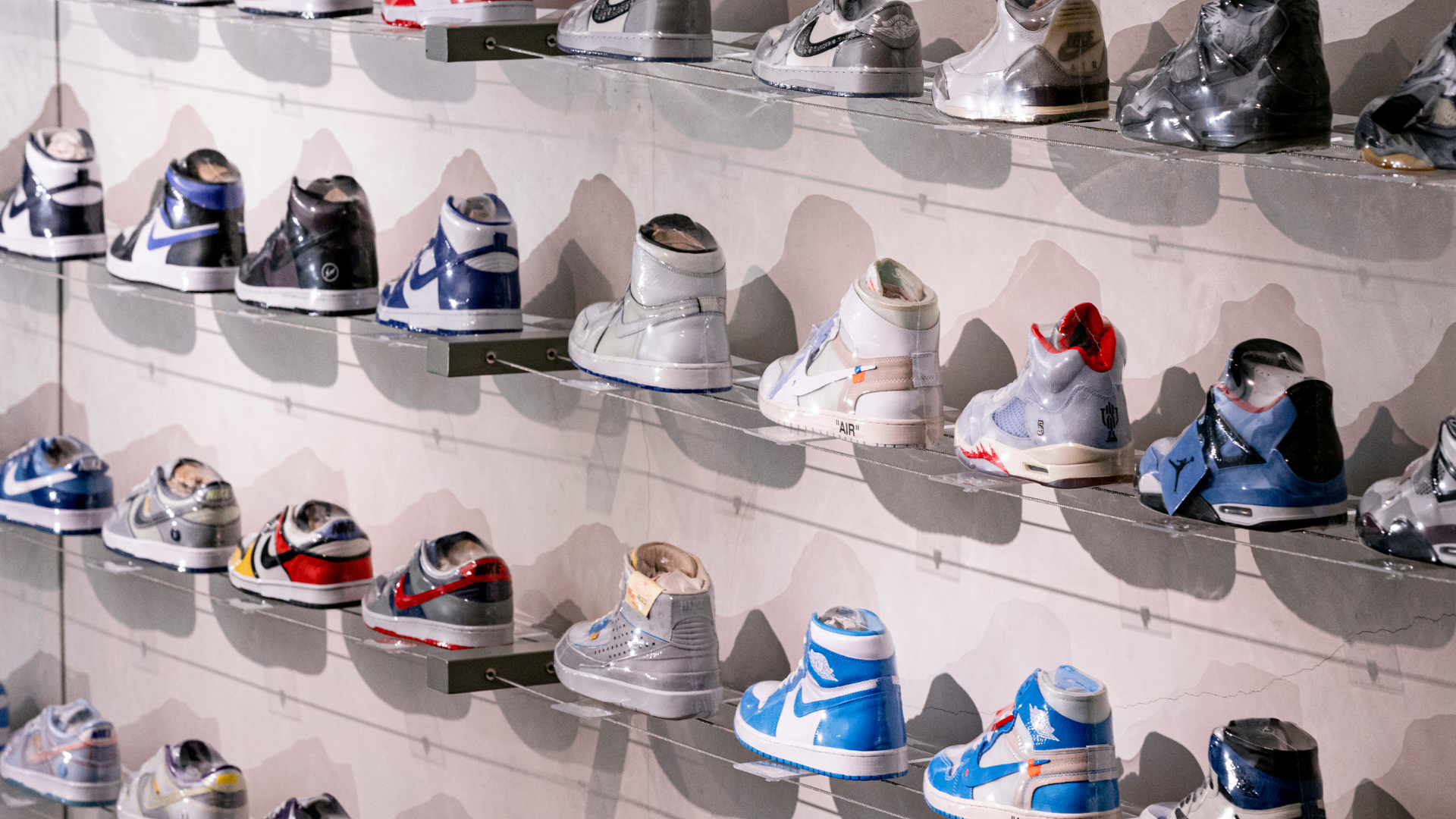Why Sneaker Resellers Are Struggling in 2025

Sneaker resellers are facing several challenges that are making it increasingly difficult to maintain profitability and sustainability in the market. Here are some key reasons why sneaker resellers are struggling:
1. Increased Competition
- The sneaker resale market has become oversaturated with resellers, both individual and large-scale operations. As more people enter the market, profit margins shrink due to heightened competition.
- Platforms like StockX, GOAT, and eBay have made it easier for anyone to resell sneakers, reducing the advantage that early resellers once had.
2. Brands Limiting Resale Opportunities
- Brands like Nike, Adidas, and others are implementing strategies to combat reselling, such as:
- Increased production of popular models, reducing scarcity.
- Raffles and exclusive access for loyal customers, cutting out resellers.
- Direct-to-consumer sales through their own apps and websites, limiting resellers’ ability to secure inventory.
3. Economic Downturn and Reduced Consumer Spending
- Inflation and economic uncertainty have led to reduced discretionary spending, making high-priced resale sneakers less appealing to the average consumer.
- Many consumers are prioritizing essential expenses over luxury items like limited-edition sneakers.
4. High Entry Costs
- The cost of acquiring sought-after sneakers has risen due to:
- Higher retail prices for new releases.
- Increased competition driving up prices in the resale market.
- Resellers often need to invest significant capital upfront to purchase inventory, which can be risky if the sneakers don’t sell quickly or at the desired price.
5. Fake and Counterfeit Sneakers
- The proliferation of counterfeit sneakers has made buyers more cautious, leading to increased scrutiny and lower trust in resale platforms.
- Resellers must invest in authentication services or risk losing credibility, adding to their operational costs.
6. Changing Consumer Preferences
- Trends in sneaker culture are shifting, with some consumers moving away from hype-driven purchases and toward more practical or sustainable options.
- The rise of “quiet luxury” and minimalism has reduced demand for flashy, limited-edition sneakers.
7. Platform Fees and Taxes
- Resale platforms charge significant fees (e.g., seller fees, transaction fees, shipping costs), which eat into profits.
- Governments are also cracking down on resellers by enforcing tax regulations, requiring resellers to report income and pay taxes on their earnings.
8. Overproduction and Market Saturation
- Brands are releasing more frequent and larger quantities of “limited” sneakers, reducing their exclusivity and resale value.
- The market is flooded with similar styles, making it harder for resellers to differentiate their offerings.
9. Rising Operational Costs
- Resellers face higher costs for storage, shipping, and marketing, especially as they scale their operations.
- The need for bots and other tools to secure sneakers during drops adds to expenses.
10. Ethical and Environmental Concerns
- Consumers are becoming more aware of the environmental impact of fast fashion and resale culture, leading to a decline in interest in sneaker resale.
- Some view resellers as exploitative, which has led to backlash and a shift in public perception.
11. Volatility of the Market
- The sneaker resale market is highly unpredictable, with prices fluctuating based on trends, celebrity endorsements, and cultural shifts.
- Resellers can be left with unsold inventory if a particular sneaker loses popularity.
12. Bots and Automation
- While bots help resellers secure inventory, they also create an uneven playing field, as only those with advanced tools can compete.
- Brands are increasingly cracking down on bot usage, making it harder for resellers to acquire sneakers during drops.
Conclusion:
The sneaker resale market is no longer the “get-rich-quick” opportunity it once was. Resellers must adapt to a more challenging environment by diversifying their strategies, focusing on niche markets, and improving operational efficiency. However, for many, the combination of rising costs, increased competition, and shifting consumer behavior has made it difficult to sustain a profitable resale business.
Connect
Start your free trial today and see the difference for yourself!
Have questions about warehouse management or running your luxury resale business?
Or perhaps you'd like to share your tips? We'd love to hear from you!
Contact us at
Email:
[email protected]
Website:
stackknack.com